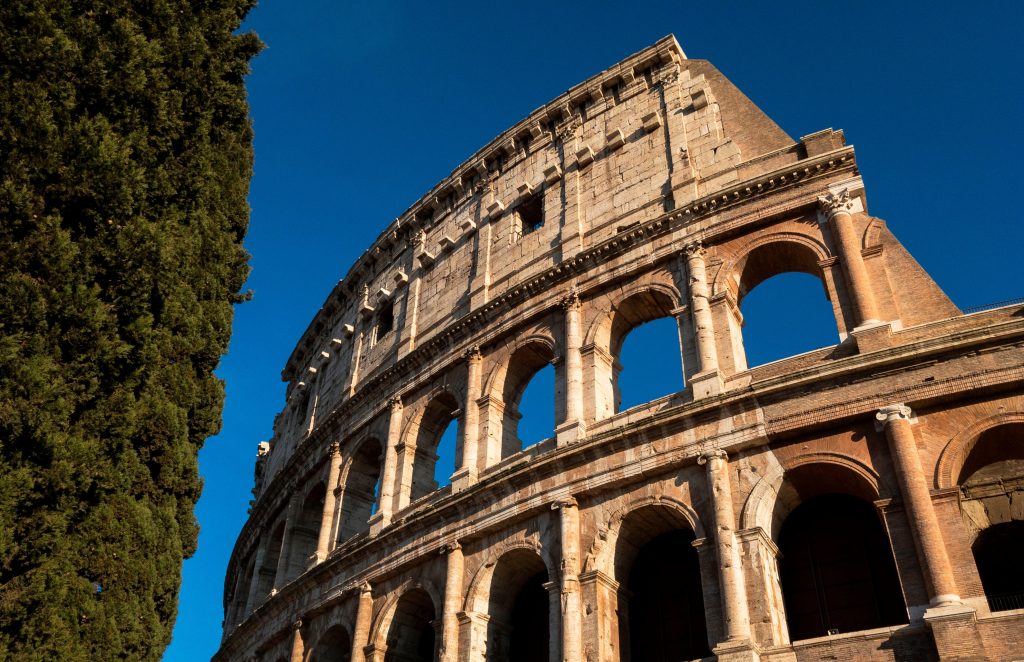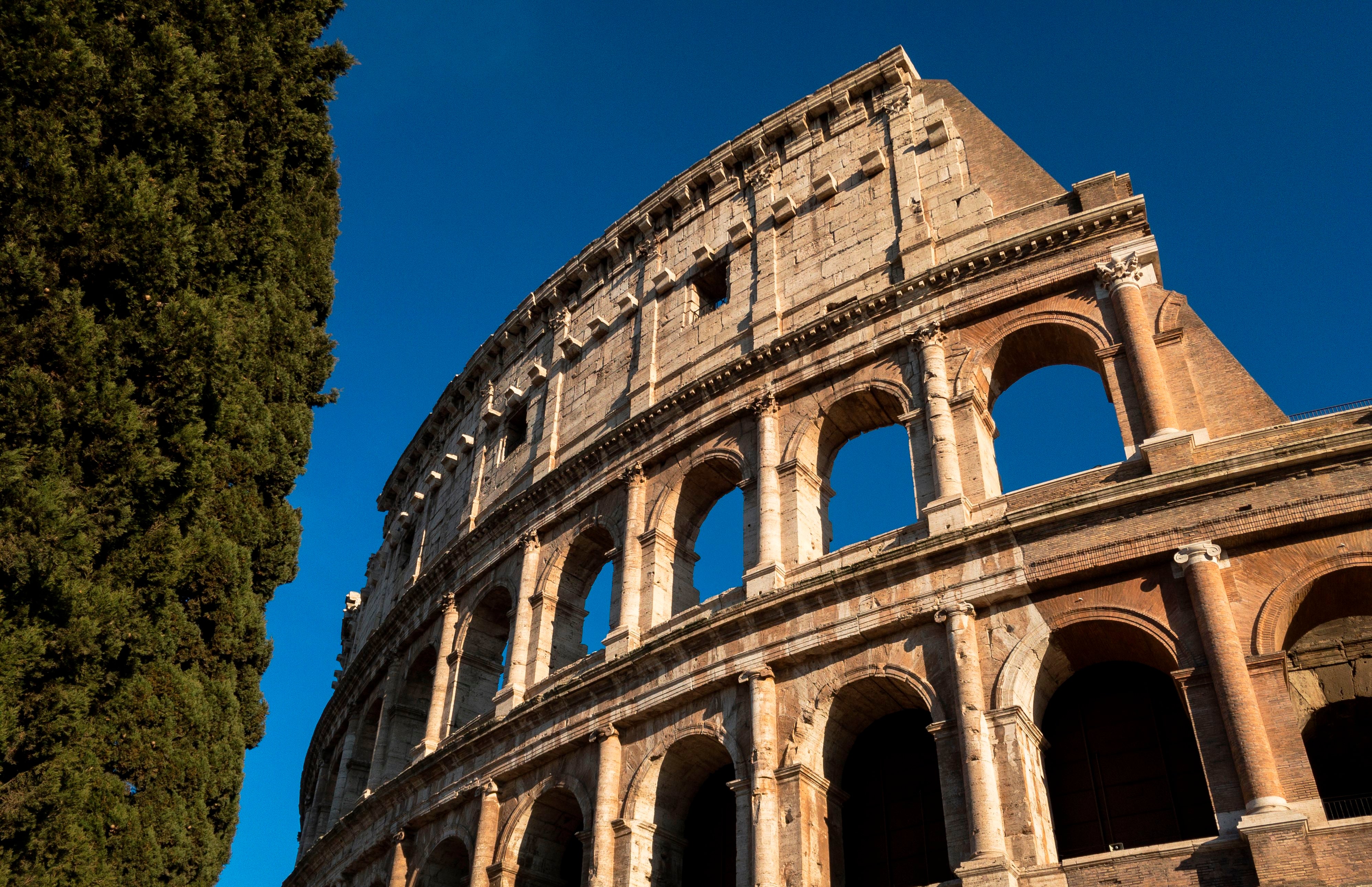
The Role of an Ancient Rome Researcher on Elon Musk’s DOGE Team Explained

**AI, Ancient Scrolls, and Government Reform: Elon Musk’s Controversial Endeavors**
Elon Musk, the billionaire entrepreneur known for ventures like SpaceX, Tesla, and Neuralink, is again in the spotlight—this time for his involvement in an intriguing intersection of ancient history, cutting-edge technology, and government efficiency. His latest endeavors have raised both curiosity and controversy, as they highlight his influence across disparate fields and his growing involvement with the U.S. government.
### Ancient Scrolls, AI, and the Vesuvius Challenge
In a groundbreaking development last year, Luke Farritor, a young computer scientist and engineering student, made international headlines by leveraging artificial intelligence to decipher an unopened 2,000-year-old scroll from Pompeii’s Villa of the Papyri. This feat was part of the *Vesuvius Challenge*, a global initiative inviting researchers to digitally “unwrap” ancient Greco-Roman texts through non-destructive AI techniques. Supported by a team of computer scientists led by University of Kentucky professor Brent Seales, the challenge has become a beacon for the fusion of technological innovation and historical preservation.
The initiative gained a significant boost from Musk’s *Musk Foundation*, which contributed $2 million to sponsor the challenge, offering cash prizes to incentivize breakthroughs in deciphering the Herculaneum papyri collection. The texts, preserved under layers of volcanic ash after Mount Vesuvius erupted in 79 AD, contain writings thought to have originated from Lucius Calpurnius Piso Caesoninus, father-in-law to Julius Caesar.
Farritor, a former engineering intern at SpaceX, co-won $700,000 for his efforts and quickly became a rising star in artificial intelligence. A Thiel Foundation fellow, he is now among a wave of young tech innovators capturing Musk’s attention.
### Musk’s Fascination with Ancient Rome
Musk’s financial contributions to ventures like the Vesuvius Challenge are part of a larger, and somewhat curious, fascination with Ancient Rome. His foundation recently announced grants to support archaeological work led by organizations such as the American Institute for Roman Culture, which operates the educational platform *Ancient Rome Live*.
Musk’s infatuation with Rome has extended to his social media presence, where he shares AI-generated images of himself as a Roman soldier and muses on the empire’s historic rise and fall. Critics argue that his preoccupation with Roman aesthetics and ideology signals an attempt to align his personal brand with the legitimacy and authority of one of the most influential civilizations in history. Historian Sarah Bond remarked that such a focus serves Musk’s largely white, male demographic and can evoke dangerous parallels, given its historical appropriation by authoritarian regimes.
### The Department of Government Efficiency (DOGE)
In a surprising twist, Musk’s involvement with ancient scroll research has dovetailed into his appointment as the head of President Donald Trump’s newly formed *Department of Government Efficiency* (DOGE). The advisory board, overseen by Musk, aims to streamline government spending and cut federal programs. This would-be efficiency drive has sparked alarm among federal agencies due to the department’s sweeping access to sensitive data, particularly after its takeover of the Office of Personnel Management (OPM) and General Services Administration (GSA).
Musk’s team, described as a “pack of inexperienced male engineers in their early 20s,” has faced criticism for lacking qualifications in public administration or legal compliance. Among them is Luke Farritor, who now reportedly holds A-suite-level clearance in the GSA. The move has raised concerns about the privatization of government resources and the ethical challenges of blending corporate interests with state functions.
### A Polarizing Figure in Tech and Policy
Musk’s outsized influence in areas as diverse as ancient historical research, space exploration, and government policy underscores the breadth of his ambitions—but also the controversies they invite. On the one hand, his support for initiatives like the Vesuvius Challenge reflects his willingness to fund bold, world-changing ideas. On the other, his actions as head of DOGE and his alignment with politically charged narratives have sparked criticism for undermining democratic institutions and exploiting historical symbolism for optics.
Sarah Bond, a history professor at the University of Iowa, summarized this sentiment in a recent commentary. “When you don’t have legitimate political power, you latch onto the imagery and authority of a bygone empire like Rome as a way of amplifying your own image,” she said. Her critique alludes to Musk’s apparent strategy of blending technocracy, aesthetics, and populism to consolidate his influence.
### Toward the Future: Balancing Innovation With Accountability
The intersection of artificial intelligence, historical discovery, and governmental reform highlights the complexities—and risks—of allowing private interests to dominate public initiatives. Musk’s ventures reveal the potential for leveraging technology to push the boundaries of human understanding, as evidenced by breakthroughs like decoding ancient scrolls. However, his increasingly direct role in government affairs raises urgent